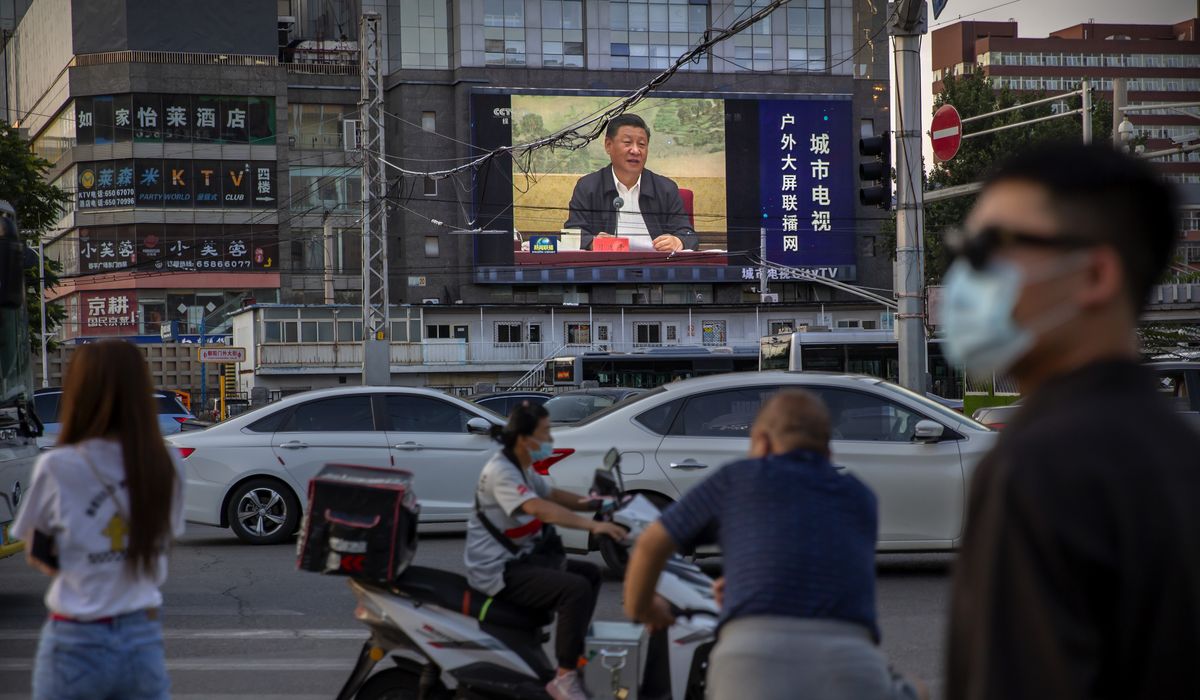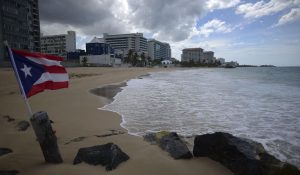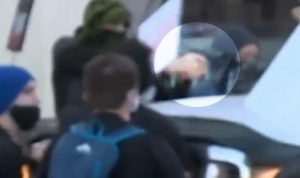The Trump administration ended transfers of sensitive U.S. technology to Hong Kong on Tuesday and is preparing further punitive actions after China Tuesday imposed a harsh new national security law on the former British possession.
Commerce Secretary Wilbur Ross said the new Chinese law increases the risk that sensitive American technology sent to the semi-autonomous enclave will be diverted to the People’s Liberation Army and the Ministry of State Security, China’s intelligence and security service.
“Those are risks the U.S. refuses to accept and have resulted in the revocation of Hong Kong’s special status,” Mr. Ross said in a statement.
Mr. Ross said Commerce regulations that provide preferential export controls to Hong Kong based on its past autonomy from the government in Beijing were suspended.
“Further actions to eliminate differential treatment are also being evaluated,” he said. “We urge Beijing to immediately reverse course and fulfill the promises it has made to the people of Hong Kong and the world.”
In the wake of a crackdown on pro-democracy protests, Secretary of State Mike Pompeo announced May 27 that the U.S government could no longer certify that Hong Kong warranted special treatment that applied when the city was a British colony.
However, the administration has delayed completely ending the special trade status in a bid to pressure Beijing to hold off on the new national security law.
That ended Tuesday when Hong Kong’s government implemented the law that was approved earlier by Chinese President Xi Jinping, allowing Beijing to establish a security office inside Hong Kong itself to police dissent and anti-government movements for the first time.
“This law will be a sharp sword hanging over a minority of people who endanger national security,” the mainland’s Hong Kong and Macau Affairs Office, part of the State Council, said. “But for most of the Hong Kong residents, as well as foreigners in the city, this law will be the guardian angel that safeguards their rights, freedom and peaceful way of living.”
Under the law, Chinese authorities will not have complete control over the legal system in Hong Kong in a bid to “safeguard national security,” the state-run Xinhua news agency reported. The new law criminalizes acts of secession, subversion, terrorism, collusion with foreign and external sources — all terms defined by the mainland’s authoritarian Communist system.
Critics and Hong Kong activists say the law also undermines the “Basic Law” that guaranteed the city could keep its relatively free legal and political system for 50 years as part of Britain’s agreement to turn Hong Kong back over to China in 1997.
China’s National People’s Congress passed the law on Tuesday containing 66 articles. Under the new law, for instance, protesters arrested by authorities could face up to life in prison for violations.
Hong Kong Secretary for Justice Teresa Cheng Yeuk-wah said in a statement that the government has created a special unit for national security prosecutions, the South China Morning Post reported.
The law is a severe blow to pro-democracy advocates in Hong Kong who have taken to the streets by the thousands to protest China’s increasing grip on local government.
“Beijing’s disastrous decision is only the latest in a series of actions that fundamentally undermine Hong Kong’s autonomy and freedoms and China’s own promises to the Hong Kong people under the Sino-British Joint Declaration, a U.N.-filed international treaty,” Mr. Pompeo said last month.
“While the United States once hoped that free and prosperous Hong Kong would provide a model for authoritarian China, it is now clear that China is modeling Hong Kong after itself,” he added.
Former State Department official John J. Tkacik, a China expert, said the administration resisted taking action to end Hong Kong’s special status. But under the new law, “there is simply no way to consider Hong Kong’s citizens as solely under its independent judiciary,” he said.
“It was an open secret that the existing laws from 1992 permitted the People’s Liberation Army to procure massive amounts of sensitive American technology through Hong Kong middlemen as Hong Kong customs were forced by China to turn a blind eye, especially since 2005,” Mr. Tkacik said.
Beginning in 2005, critics say Beijing has exerted behind-the-scenes authority over Hong Kong’s law enforcement agencies.
“The latest Chinese law now drops all pretense, and subjects all Hong Kong officials, businesses and private citizens to direct intimidation, arrest and, in extremis, deportation to China for imprisonment by China’s Ministry of State Security,” Mr. Tkacik said.
Mr. Tkacik said the new law will prevent Hong Kong buyers from resisting China’s demands in matters of technology transfers or other activities of state security, financial, banking, civil documents, contracts, shipping, aviation, counterterror and espionage.
As a result, “the United States is no longer in a position to treat Hong Kong as independent from China for the purposes of trade, finance, transportation and communication,” he said.



















